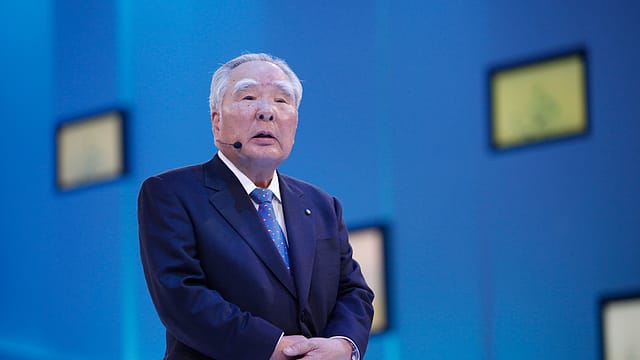Suzuki to start testing 50 EV prototypes in India
ADVERTISEMENT

Japan’s Suzuki Motor Corp will start testing electric vehicle prototypes in India from October, the company’s 88-year old chairman Osamu Suzuki said at the MOVE Global Mobility Summit on Friday.
“We will start road-running test using a fleet of 50 prototype electric vehicles from next month for developing safe and easy to use electric vehicles for the Indian customers that are in line with India’s climatic and traffic conditions,” said Suzuki, at a gathering which included Prime Minister Narendra Modi, Mahindra Group executive chairman Anand Mahindra, and Toyota Motor Corp.
The first electric vehicle prototype to be tested will be based on the Japan-spec WagonR.
Suzuki also said the company plans to launch electric vehicles in India in 2020 in co-operation with Toyota Motor Corporation. In May this year, Toyota and Suzuki Motor announced they would start discussing new joint projects in technological development, vehicle production, and market development. As part of the agreement, the two companies have also begun discussions on cross-badging in India wherein Suzuki will provide some models to Toyota to sell under the latter’s brand and vice-versa. The cross-badging will be through their local units–Maruti Suzuki and Toyota Kirloskar Motors.
Suzuki recently dissolved its partnership in China with Chongqing Changan Automobile. Analysts expect the move will help the company focus more on the Indian market where the Japanese carmaker had a 50% market share in 2017-18. The company will also start manufacturing lithium-ion batteries at its Gujarat plant in preparation for its electric vehicle launch,
While giving a peek into the company’s much awaited electric vehicle plans, Osamu Suzuki also reminded policy-makers present at the gathering that penetration of electric vehicles in India will not increase without sufficient charging infrastructure. “In this regard we look forward to proactive leadership form the Indian government,” he said. Suzuki also said that to cater to the environmental needs of the country, not just electric vehicles but development of hybrid vehicles and CNG vehicles is equally important.